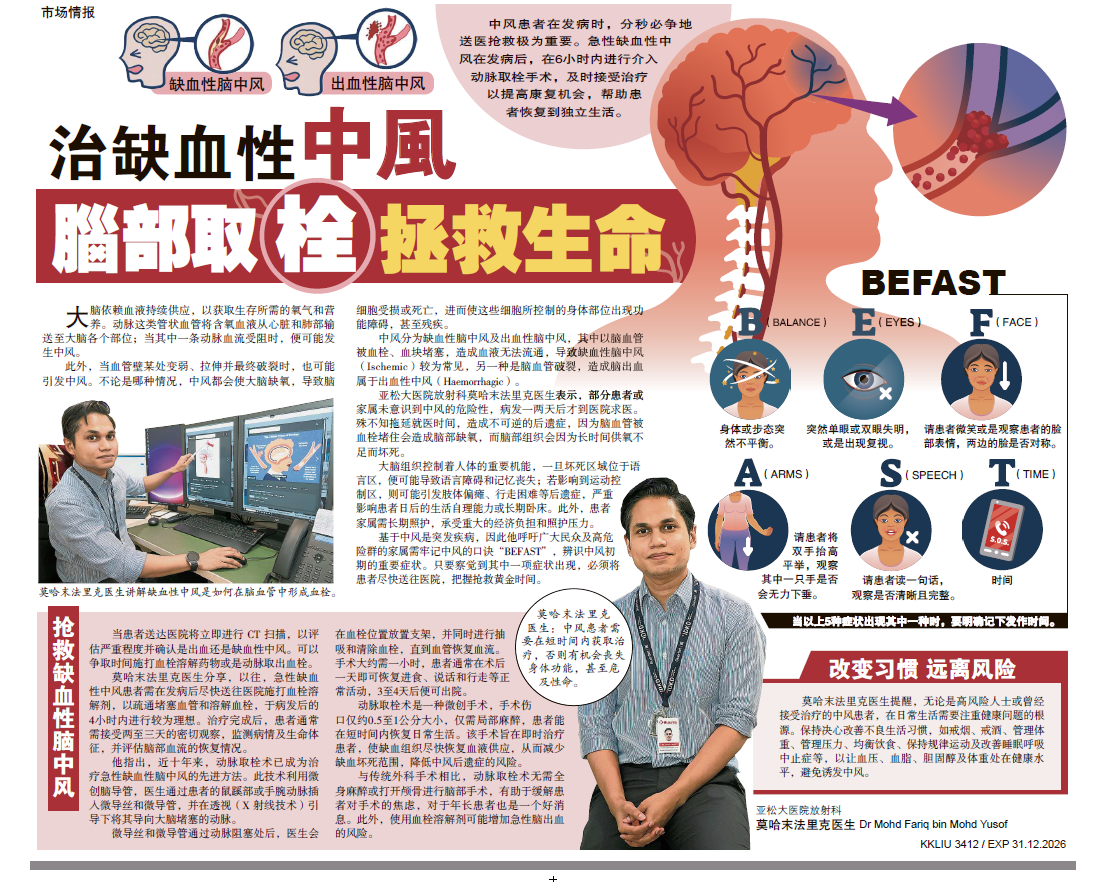Varicose veins are tortuous dilated veins in the legs. They are commoner in women and often run in families. They get worse during pregnancy and many female patients will say their vein problems started during their first pregnancy.
The first symptom is the unsightly appearance of the veins. Patients complain of pain especially after standing for long periods. There may be itchiness associated with the veins and night cramps.
The veins can become inflamed and painful. This is known as thrombophlebitis.
The skin around the ankle can become discoloured and eventually lead to wounds or ulcers once they occur they can be a lifelong problem to patient.
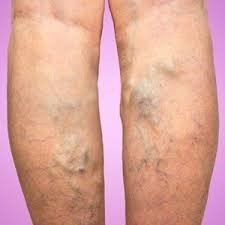 Mix of fine spider veins and larger varicose vein
Mix of fine spider veins and larger varicose vein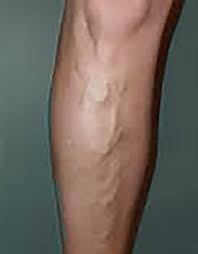 Typical varicose vein
Typical varicose vein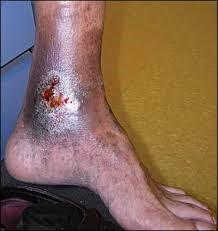 Venous ulcer
Venous ulcer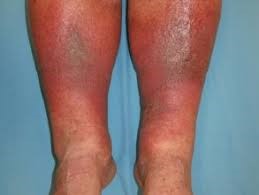 Varicose eczema
Varicose eczema
Treatment options
There are various surgical options for varicose veins. The latest treatment uses laser to ablate the vein, which is done through a puncture wound at the ankle and does not involve any cuts. The treatment can be done under spinal or general anaesthesia and the patient will be walking within hours and is home the same day or the next day.
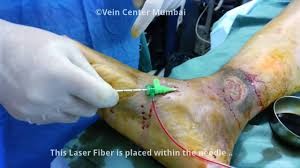
Venous ulcers are treated with a combination of laser ablation to the main vein deep tissue laser to the ulcer to speed up healing and 2 or 4 layer dressings.
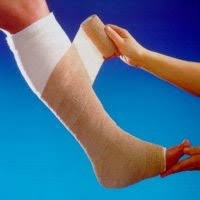
Endovenous laser ablation and deep tissue laser as well as a comprehensive wound care service that can do the 2 or 4 layer bandaging is available at Assunta Hospital.





